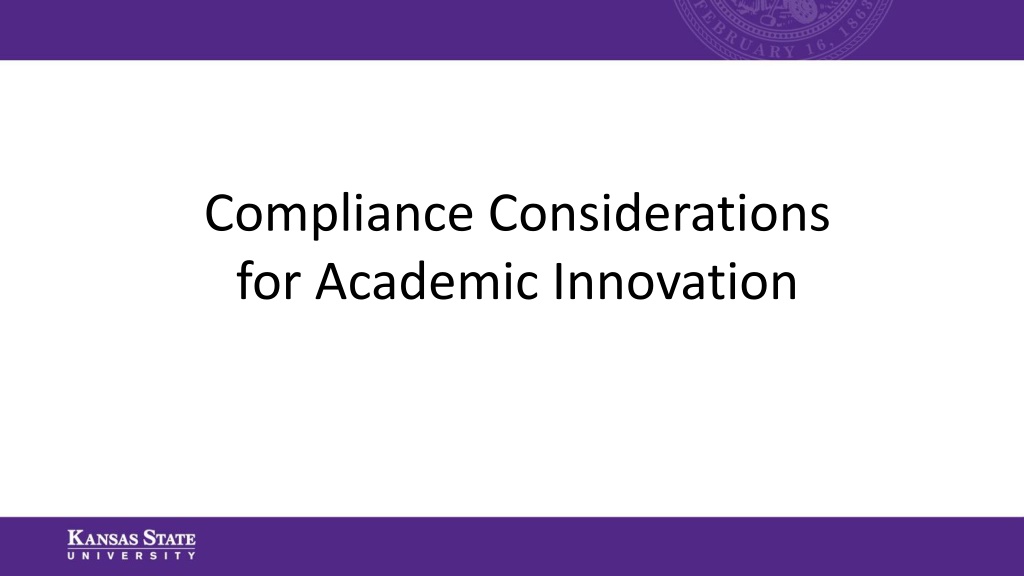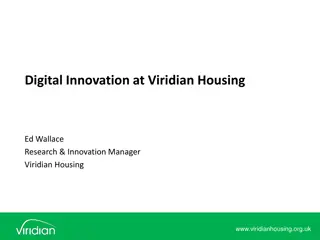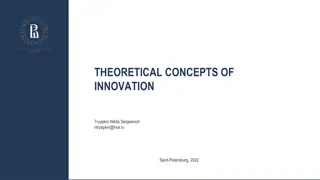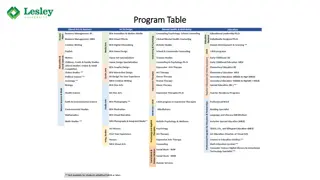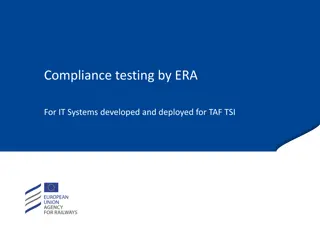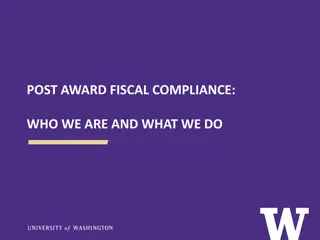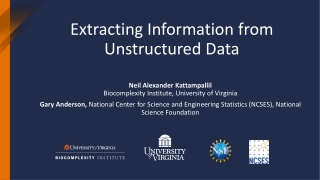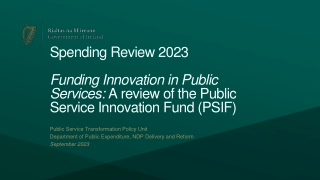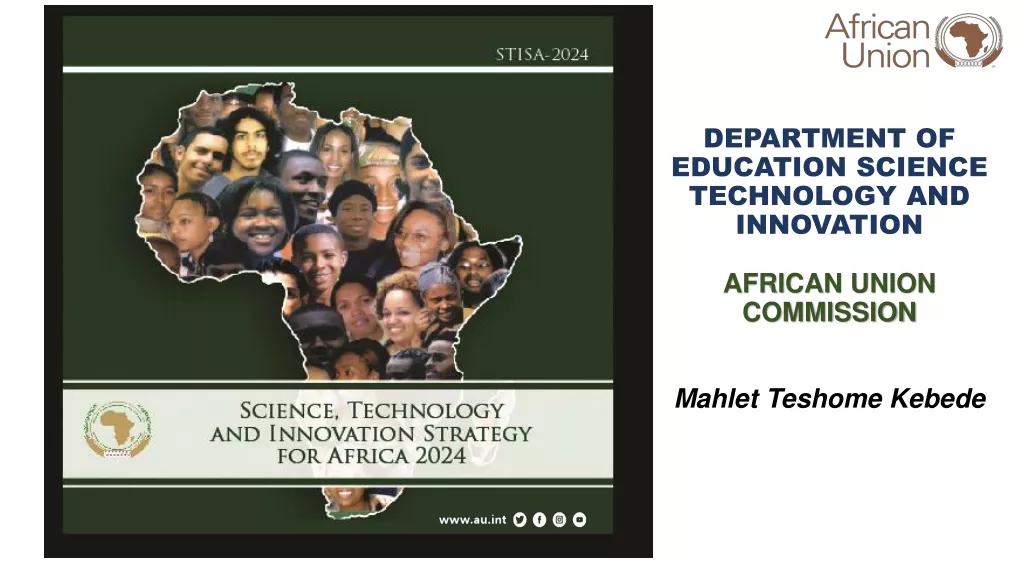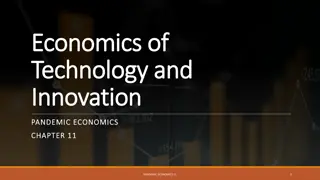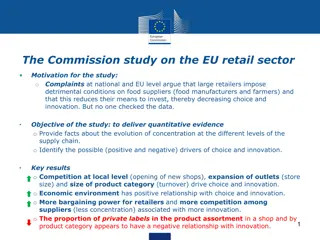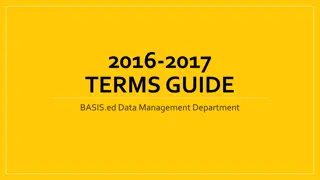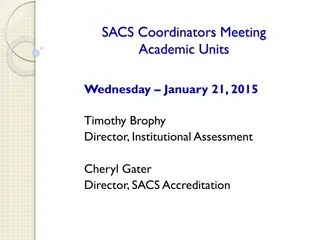Understanding Compliance Considerations for Academic Innovation
Exploring compliance requirements in academic innovation, this content delves into the academic calendar structure, modular classes, intersession programs, and considerations for accelerated degree programs under Federal Title IV regulations. Topics cover the definition of the academic year, credit hour requirements for student aid eligibility, and distinctions between undergraduate and graduate student classifications impacting federal aid awards.
Download Presentation

Please find below an Image/Link to download the presentation.
The content on the website is provided AS IS for your information and personal use only. It may not be sold, licensed, or shared on other websites without obtaining consent from the author. Download presentation by click this link. If you encounter any issues during the download, it is possible that the publisher has removed the file from their server.
E N D
Presentation Transcript
Compliance Considerations for Academic Innovation
Academic Calendar K-State is currently reporting as a standard term university. Every eligible program must have a defined academic year. For Federal Student Aid (FSA) purposes, the academic year is defined in weeks of instructional time and credit hours at K-State. For programs in credit hours, the academic year must include at least 30 weeks of instructional time. (Instructional time for a semester is measured from the first day of scheduled classes to the last day of scheduled examinations.)
Academic Calendar cont. For undergraduate programs, the law and regulation, set the number of credit hours to a minimum of 24 credit hours to be completed by a full-time student within an academic year. Nov. 2019 Dear Colleague opened up a term (semester) to be anywhere from 14 to 21 weeks of instruction. No class may start in one term and end in another term.
Modular Classes & Intersession For FSA purposes, an institution is allowed to combine modules into a standard term. The U.S. Dept. of Ed. considers individual courses that start and end within the confines of a defined standard term to be modules. Intersession courses can be tacked on to a regular term provided: resulting term does not exceed the maximum number of 21 weeks of instructional time, intersession courses only overlap with the term to which they are joined, and the intersession is only joined to one term
Accelerated Programs Federal Title IV Regulations Career No allowance for a blended student career Student is considered either an undergraduate student or a graduate/professional student for federal student aid eligibility purposes Graduate/Professional definition [Student] is not receiving Title IV aid as an undergraduate for the same period of enrollment. Excerpt 34 CFR 668.2(b)
Accelerated Programs cont. Federal Title IV Regulations Career Period of enrollment = semester Recognition of a student s career status (undergrad vs. grad/prof) drives Type of federal aid that may be awarded AND Differing dollar values of aid awarded
Accelerated Degrees cont. Federal Title IV Regs Enrollment Level If student is Undergrad ONLY semester course work that fulfills completion of undergrad degree may be counted in establishing federal aid eligibility for the semester. Example Pell ( 12 credits enrolled, only 9 credits count toward undergrad. . . )
Accelerated Degrees cont. Federal Title IV Regs Enrollment Level If student is Graduate ONLY semester course work that fulfills completion of graduate degree may be counted in establishing federal aid eligibility for the semester. Example Federal Loan ( 10 credits enrolled, only 4 credits count toward grad. . . ) Adherence to program structure and delivery is key to university Title IV, student aid compliance
2024-25 FAFSA coming in December 2023! Streamline the FAFSA Form 108 Questions to 36 Replacing the Expected Family Contribution (EFC) with the Student Aid Index (SAI) Two ways to determine Pell eligibility SAI formula or Federal Poverty Tables Expanding access to the IRS information for majority of filers
2024-25 FAFSA cont. Two Areas of Concern: Unlike EFC, SAI will not take into consideration number of family members in college If required to report assets, filers will no longer be allowed to exempt small businesses or family farm net value OSFA working collaboratively with Office of Institutional Research and Assessment on #1 above.
2024-25 FAFSA cont. REMOVED Question: Selective Service REMOVED Question: Drug Conviction
Cost of Attendance FAFSA Simplification Act Dear Colleague Letter on November 4th, 2022. Room and Board must be called Food and Housing Must include three meals a day regardless of student choice. On-Campus housing must show average or median amount assessed whichever is greater. Living at home with parents must still include reasonable expenses- may not be zero. For students living on military base- they are allowed food but not housing costs. Disclosures must include all COA elements and must appear on ANY PORTION of the website that describes tuition and fees.
Questions? Robert Gamez, Director OSFA audi@k-state.edu
